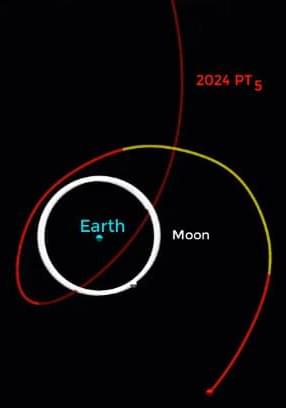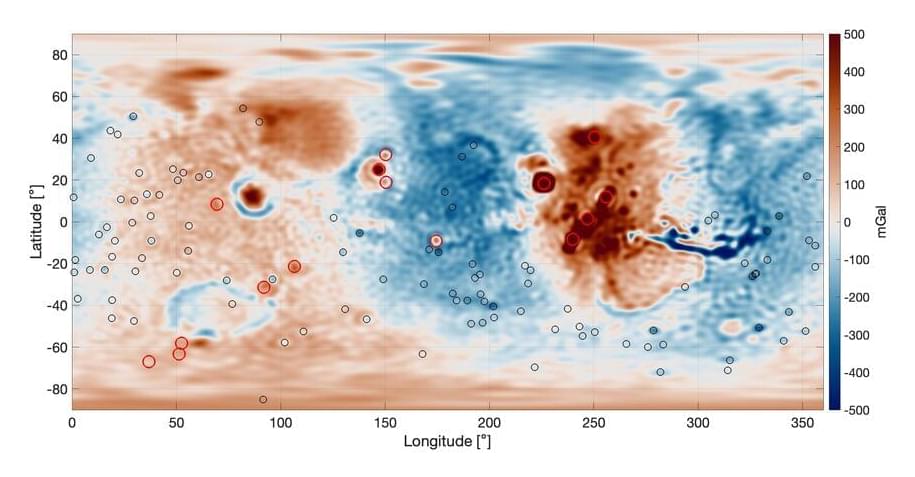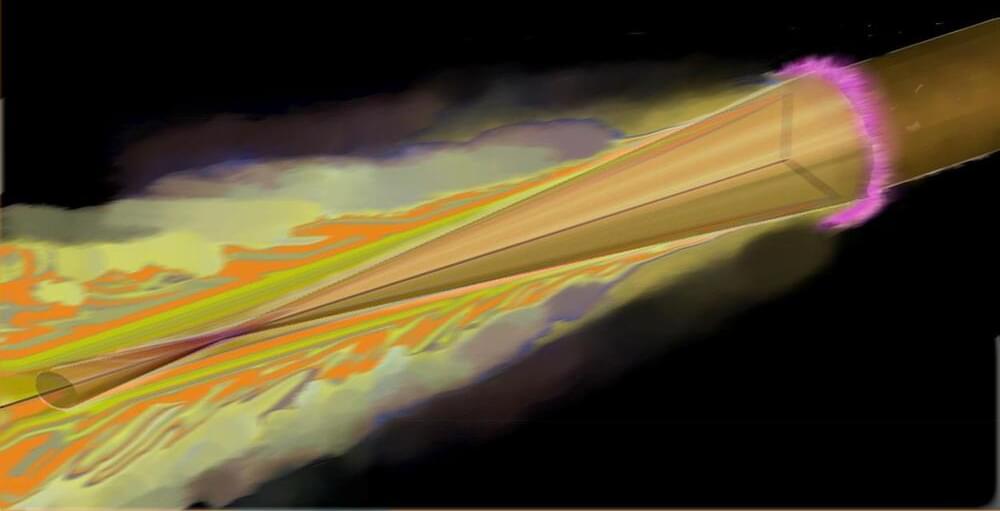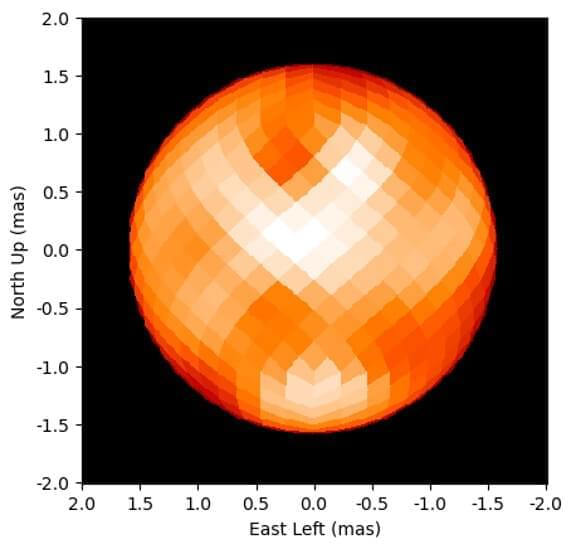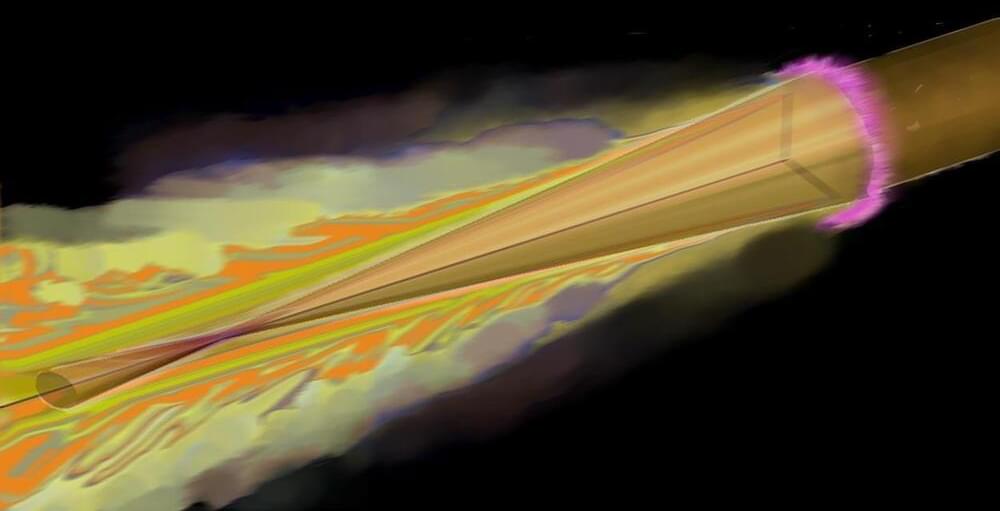
Using a novel laser method, scientists mimicked the extreme environments of stars and planets, enhancing our understanding of astrophysical phenomena and supporting nuclear fusion research.
Extreme conditions prevail inside stars and planets. The pressure reaches millions of bars, and it can be several million degrees hot. Sophisticated methods make it possible to create such states of matter in the laboratory – albeit only for the blink of an eye and in a tiny volume. So far, this has required the world’s most powerful lasers, such as the National Ignition Facility (NIF) in California. But there are only a few of these light giants, and the opportunities for experiments are correspondingly rare.
A research team led by the Helmholtz-Zentrum Dresden-Rossendorf (HZDR), together with colleagues from the European XFEL, has now succeeded in creating and observing extreme conditions with a much smaller laser. At the heart of the new technology is a copper wire, finer than a human hair, as the group reports in the journal Nature Communications.



